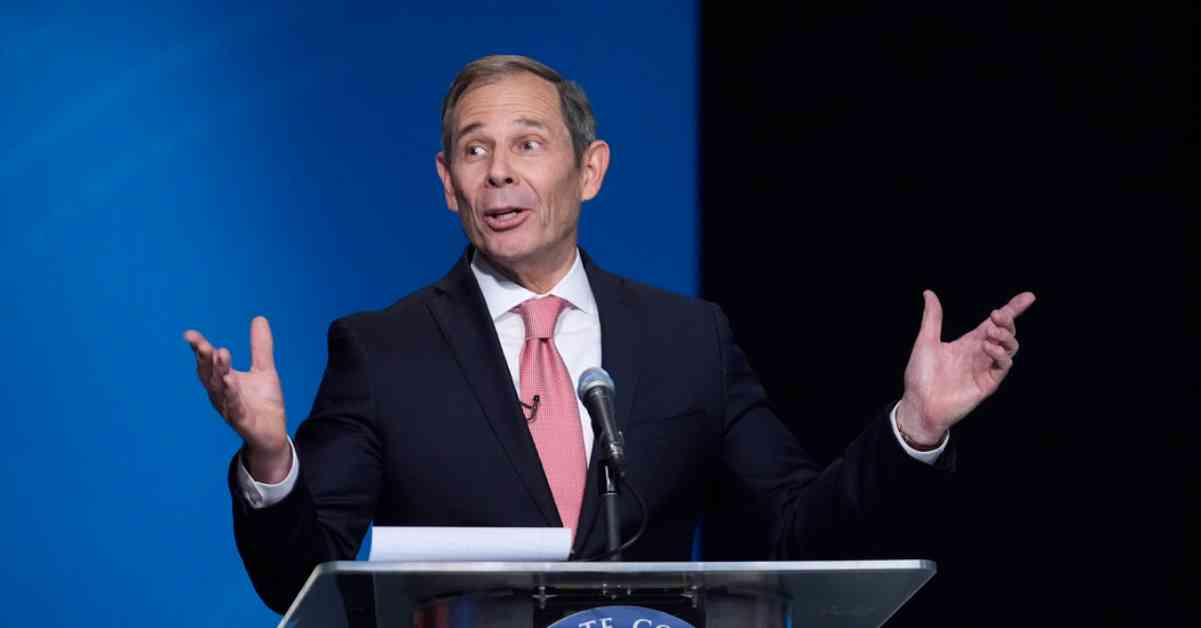Representative John Curtis, a centrist Republican, emerged victorious in the U.S. Senate primary in Utah, positioning himself as a moderate workhorse reminiscent of Senator Mitt Romney, whose seat he aims to take over. Curtis, 64, has been holding a House seat in eastern Utah since 2017 and is known for his bipartisan efforts through the Problem Solvers Caucus and his leadership in addressing climate change within the Republican Party.
While Curtis has not been as vocal in criticizing former President Donald J. Trump as Romney, he did not support Trump in the 2016 election but later aligned with his agenda while in Congress. However, Curtis distanced himself from Trump’s false claims of election fraud in 2020. Despite this, Curtis defended Trump’s stance on prosecuting political opponents if elected president, stating that it is a natural human reaction.
During the Senate primary, Curtis faced criticism from his opponent, Trent Staggs, the mayor of Riverton, Utah, for not fully supporting Trump. Staggs, endorsed by Trump, portrayed Curtis as not being aligned with the former president’s views. Despite these attacks, Curtis maintained a significant lead in the polls throughout the race, ultimately securing the primary victory.
Curtis began his political journey as a Democrat, running for the Utah State Senate in 2000 and later serving as the chair of the Democratic Party in Utah County. He transitioned to the Republican Party, winning the mayoral race in Provo in 2009. Curtis entered the House race in 2017 after Representative Jason Chaffetz’s retirement, winning the primary and subsequent elections with ease.
Curtis’s victory in the Senate primary reflects a continuation of his moderate and bipartisan approach to politics, positioning him as a potential successor to Senator Romney’s centrist legacy. As he moves forward to the general election, Curtis aims to appeal to a broader range of voters by emphasizing his ability to work across party lines and address critical issues like climate change.
Overall, Curtis’s win underscores the shifting dynamics within the Republican Party, where candidates like him, who straddle the line between conservatism and moderation, are gaining prominence. His victory signals a potential shift towards a more inclusive and collaborative approach to governance, which could resonate with voters seeking a break from partisan politics and divisiveness.





















